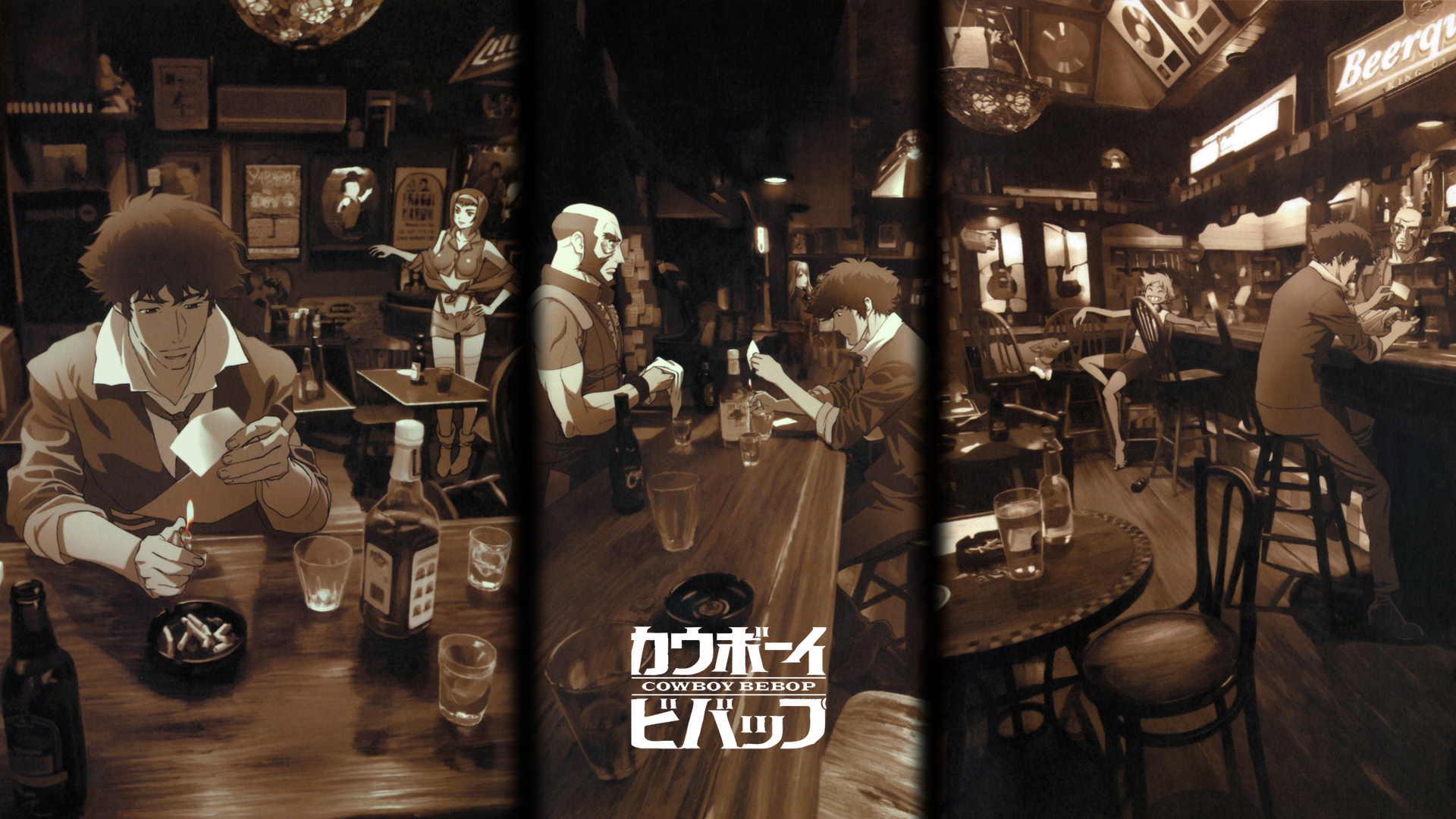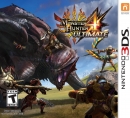Shadow1980 said:
False. False. A hundred times false. Here's the ENTIRE text of the First-sale doctrine, with key parts bolded to point out that you own your game discs/cartridges (as well as books, music, & movies):
|
(a) Notwithstanding the provisions of section 106(3), the owner of a particular copy or phonorecord lawfully made under this title, or any person authorized by such owner, is entitled, without the authority of the copyright owner, to sell or otherwise dispose of the possession of that copy or phonorecord. Notwithstanding the preceding sentence, copies or phonorecords of works subject to restored copyright under section 104A that are manufactured before the date of restoration of copyright or, with respect to reliance parties, before publication or service of notice under section 104A(e), may be sold or otherwise disposed of without the authorization of the owner of the restored copyright for purposes of direct or indirect commercial advantage only during the 12-month period beginning on—
(1) the date of the publication in the Federal Register of the notice of intent filed with the Copyright Office under section 104A(d)(2)(A), or
(2) the date of the receipt of actual notice served under section 104A(d)(2)(B), whichever occurs first.
(b)(1)(A) Notwithstanding the provisions of subsection (a), unless authorized by the owners of copyright in the sound recording or the owner of copyright in a computer program (including any tape, disk, or other medium embodying such program), and in the case of a sound recording in the musical works embodied therein, neither the owner of a particular phonorecord nor any person in possession of a particular copy of a computer program (including any tape, disk, or other medium embodying such program), may, for the purposes of direct or indirect commercial advantage, dispose of, or authorize the disposal of, the possession of that phonorecord or computer program (including any tape, disk, or other medium embodying such program) by rental, lease, or lending, or by any other act or practice in the nature of rental, lease, or lending. Nothing in the preceding sentence shall apply to the rental, lease, or lending of a phonorecord for nonprofit purposes by a nonprofit library or nonprofit educational institution. The transfer of possession of a lawfully made copy of a computer program by a nonprofit educational institution to another nonprofit educational institution or to faculty, staff, and students does not constitute rental, lease, or lending for direct or indirect commercial purposes under this subsection.
(B) This subsection does not apply to—
(i) a computer program which is embodied in a machine or product and which cannot be copied during the ordinary operation or use of the machine or product; or
(ii) a computer program embodied in or used in conjunction with a limited purpose computer that is designed for playing video games and may be designed for other purposes.
(C) Nothing in this subsection affects any provision of chapter 9 of this title.
(2)(A) Nothing in this subsection shall apply to the lending of a computer program for nonprofit purposes by a nonprofit library, if each copy of a computer program which is lent by such library has affixed to the packaging containing the program a warning of copyright in accordance with requirements that the Register of Copyrights shall prescribe by regulation.
(B) Not later than three years after the date of the enactment of the Computer Software Rental Amendments Act of 1990, and at such times thereafter as the Register of Copyrights considers appropriate, the Register of Copyrights, after consultation with representatives of copyright owners and librarians, shall submit to the Congress a report stating whether this paragraph has achieved its intended purpose of maintaining the integrity of the copyright system while providing nonprofit libraries the capability to fulfill their function. Such report shall advise the Congress as to any information or recommendations that the Register of Copyrights considers necessary to carry out the purposes of this subsection.
(3) Nothing in this subsection shall affect any provision of the antitrust laws. For purposes of the preceding sentence, “antitrust laws” has the meaning given that term in the first section of the Clayton Act and includes section 5 of the Federal Trade Commission Act to the extent that section relates to unfair methods of competition.
(4) Any person who distributes a phonorecord or a copy of a computer program (including any tape, disk, or other medium embodying such program) in violation of paragraph (1) is an infringer of copyright under section 501 of this title and is subject to the remedies set forth in sections 502, 503, 504, and 505. Such violation shall not be a criminal offense under section 506 or cause such person to be subject to the criminal penalties set forth in section 2319 of title 18.
(с) Notwithstanding the provisions of section 106(5), the owner of a particular copy lawfully made under this title, or any person authorized by such owner, is entitled, without the authority of the copyright owner, to display that copy publicly, either directly or by the projection of no more than one image at a time, to viewers present at the place where the copy is located.
(d) The privileges prescribed by subsections (a) and (с) do not, unless authorized by the copyright owner, extend to any person who has acquired possession of the copy or phonorecord from the copyright owner, by rental, lease, loan, or otherwise, without acquiring ownership of it.
(e) Notwithstanding the provisions of sections 106(4) and 106(5), in the case of an electronic audiovisual game intended for use in coin-operated equipment, the owner of a particular copy of such a game lawfully made under this title, is entitled, without the authority of the copyright owner of the game, to publicly perform or display that game in coin-operated equipment, except that this subsection shall not apply to any work of authorship embodied in the audiovisual game if the copyright owner of the electronic audiovisual game is not also the copyright owner of the work of authorship.
|
There you go. Black and white, clear as crystal. According to United States federal law, when you purchase a physical copy, that copy IS. YOUR. PROPERTY!!! This is reiterated multiple times with the very unambiguous term "owner of a particular copy." Wikipedia has an article on the First-sale doctrine written in layman's terms for people who have difficult with legal-ese.
To summarize, §109(a) of Title 17 of US Code establishes that the purchasers of lawfully made copies are the owner of said copy; in other words, my CDs, DVDs, books, and games are my property. As owner of said copy, they have the right to lend, trade, gift, sell, or otherwise dispose of said copy. This law is what makes the second hand market — either transactions between individuals or between an individual and a business such as GameStop or 2nd & Charles — possible.
§109(b) establishes an exemption that disallows rentals or leasings, either for indirect or direct commercial advantage, of certain audio recordings or computer programs without the permission of the copyright holder, though §109(b)(B)(i) exempts console games from this exemption, and non-profit libraries and non-profit educational institutions may lending for non-profit purposes.
§109(с) allows owners of copies to display copies publicly at, say, his home or a friend's house to viewers present as the place the copy is located.
I honestly don't know how much clearer I can make this, because repeating is several times yesterday apparently didn't register with you. The law is quite clear: we own our copies. There is no legal precedent nor any law that allows for copyright owners to take away your ability to use, or sell, or lend, or gift our copies. There's just not, so stop saying otherwise.
Now, the problem with digital copies is that in current American jurisprudence, digital copies are not considered the property of the purchaser and thus are not subject to the first-sale rule. The fixed, tangible nature of a physical copy is what in U.S. law makes them subject to ownership and first-sale rights. In other words, physical copies are considered "sold, not licensed" while digital copies are "licensed, not sold." Is that all clear enough for you?
|






















































